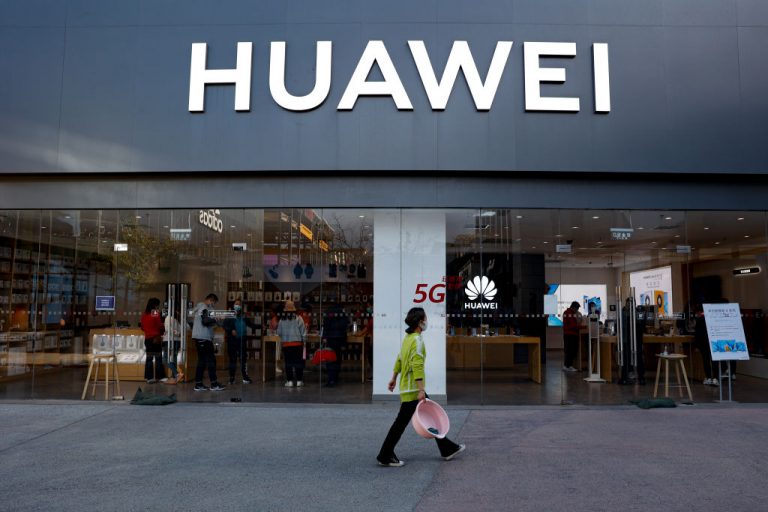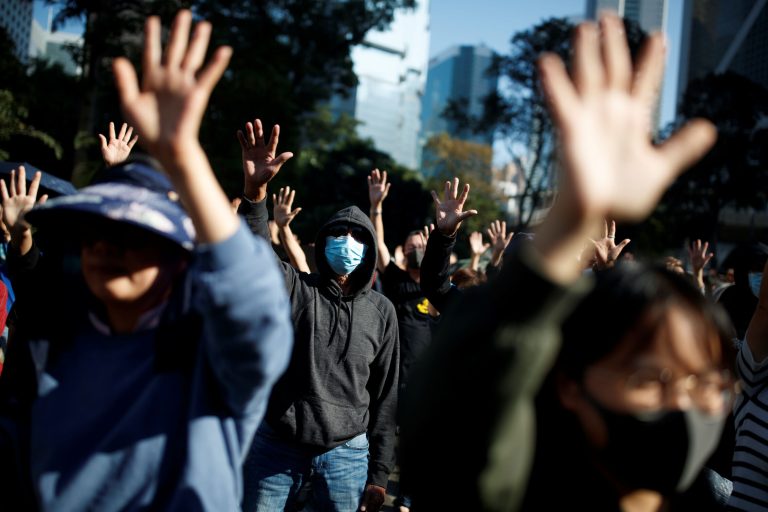Business Efficiency Solutions LLC (BES), a California based software company, is suing Huawei in a Californian court for allegedly stealing trade secrets, spying and installing a ‘backdoor’ following their work on a project for the Pakistani government.
A complaint filed on Wednesday, Aug. 11, goes into detail concerning the allegations against Huawei concerning their involvement in a project referred to as the “Lahore Project.”
The complaint filed by legal firm Akin Gump Strauss Hauer & Feld LLP states that in 2015 “the government of Pakistan launched a program designed to completely overhaul existing police and law enforcement agencies with new, innovative technology to make the cities of Pakistan safer.” The contract was worth US$150 million.
The complaint states that “Huawei lacked the capability to undertake such a technically advanced project on their own and lacked the ability to develop the required controls and customized software in-house or in time to submit a bid for the work to the Pakistani government.”
BES however, had the skills and know how to complete the project. After aggressive lobbying by Huawei a formal relationship was formed with Huawei as the main contractor and BES as the exclusive subcontractor for the project.
Intellectual property theft
Success
You are now signed up for our newsletter
Success
Check your email to complete sign up
Following Huawei’s successful bid for the project, Huawei obtained BES’s “complete software systems, including BES’s proprietary, trade secret ‘low-level designs.’ Meanwhile, Huawei began to contest its obligations to pay BES for the Lahore project and disputed its obligations to BES in connection with additional Safe City projects under the contract.”
The complaint alleges that after Huawei had BES’s valuable trade secrets and other intellectual property in its possession they began to secretly procure certain portions of BES’s software systems from other sources, including from vendors BES had previously identified to Huawei.
In the fall of 2018, Huawei then started to pursue contracts to develop other safe city projects in Pakistan, on their own, utilizing BES’s intellectual property in violation of its agreement with BES and the limited licenses BES had provided under the Lahore project.
The complaint asserts that “BES is not Huawei’s first victim of intellectual property theft. According to the United States Department of Justice, Huawei has stolen source code, software, and confidential trade secrets from numerous other companies, including major technology companies in the United States.”
A digital backdoor
BES was contracted to develop eight software systems for the Pakistani government including data exchange systems, building management systems, a digital media forensic center and a media monitoring center to monitor social media platforms like Facebook and Twitter.
The digital infrastructure that Pakistan is putting in place could be used to establish a dystopian social credit system not unlike the one currently in place in China.
The complaint accused Huawei of using the software “as a backdoor from China into Lahore to gain access, manipulate, and extract sensitive data important to Pakistan’s national security.”
BES asserts in their complaint that the systems they created for Pakistan “are not simply deliverables contemplated by the RFP [Request for Proposal] for the Lahore Project under the Subcontractor Agreement between Huawei-Pakistan and BES, but include BES’s valuable trade secrets at the core of BES’s business.”
Huawei bullying
In June 2016, a Huawei-China employee, Andy Queguoji, contacted BES demanding the existing code for all eight systems BES had developed stating that Huawei needed access to the systems in order to test them.
When BES contested the demand, Jeffery Chenfeng, Managing Director for Huawei-Pakistan “indicated that the ‘order’ was coming directly from the Board of Directors at Huawei-China and threatened to terminate all agreements between the parties if BES did not immediately comply with Huawei-China’s commands.”
BES eventually conceded, sending Huawei-China digital copies of the systems as well as downloading the systems to an external hard disk and shipping it to Huawei’s laboratory in China at the request of Mr. Chenfeng.
BES had few conditions. One, that they have access to the laboratory where their systems were being tested and two, BES could oversee the deletion of the systems once testing was completed. Huawei-China initially agreed, but when the time came for the systems to be deleted Huawei-China refused.
The case is Business Efficiency Solutions LLC v. Huawei Technologies Co, U.S. District Court for the Central District of California, No. 8:21-cv-01330.














